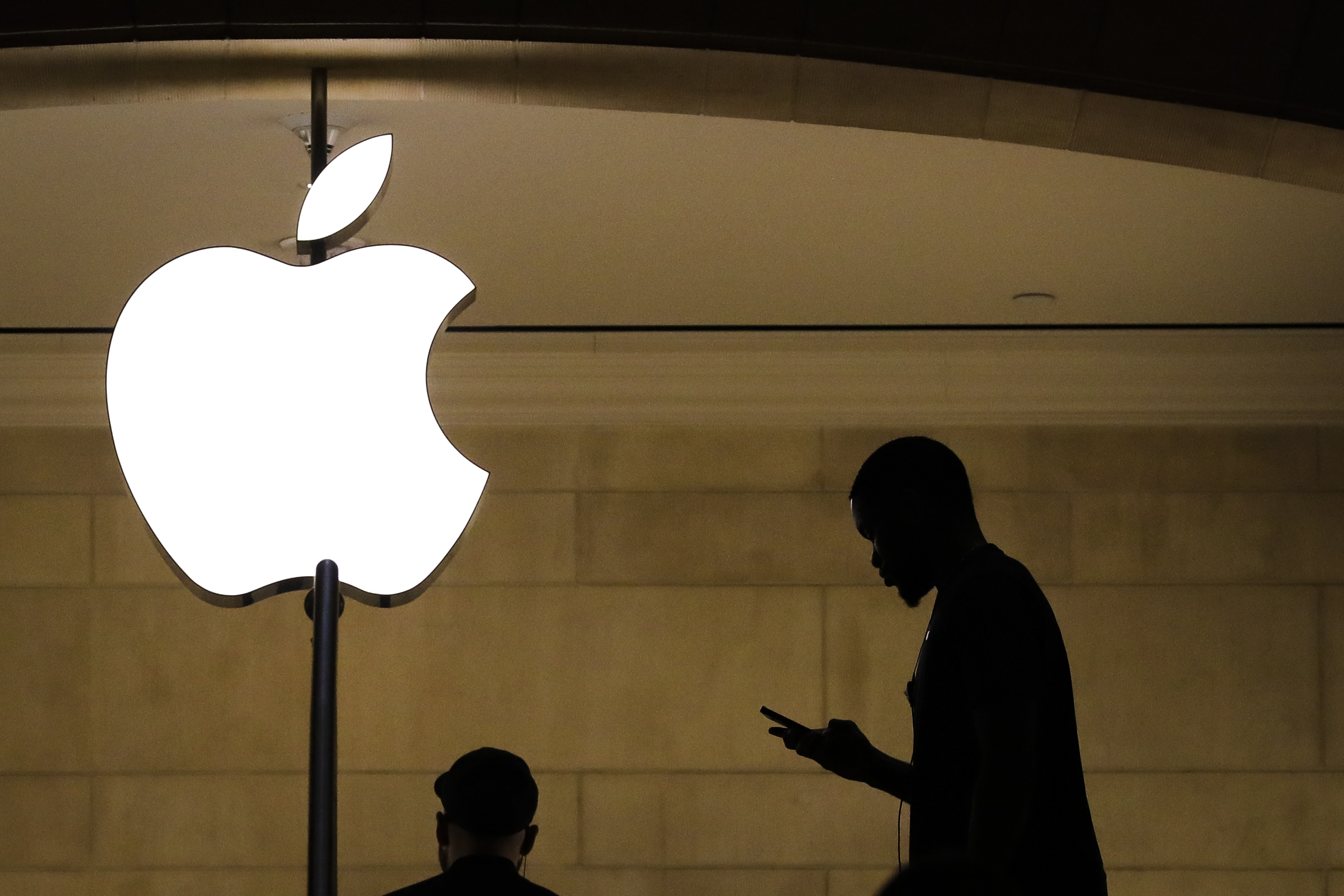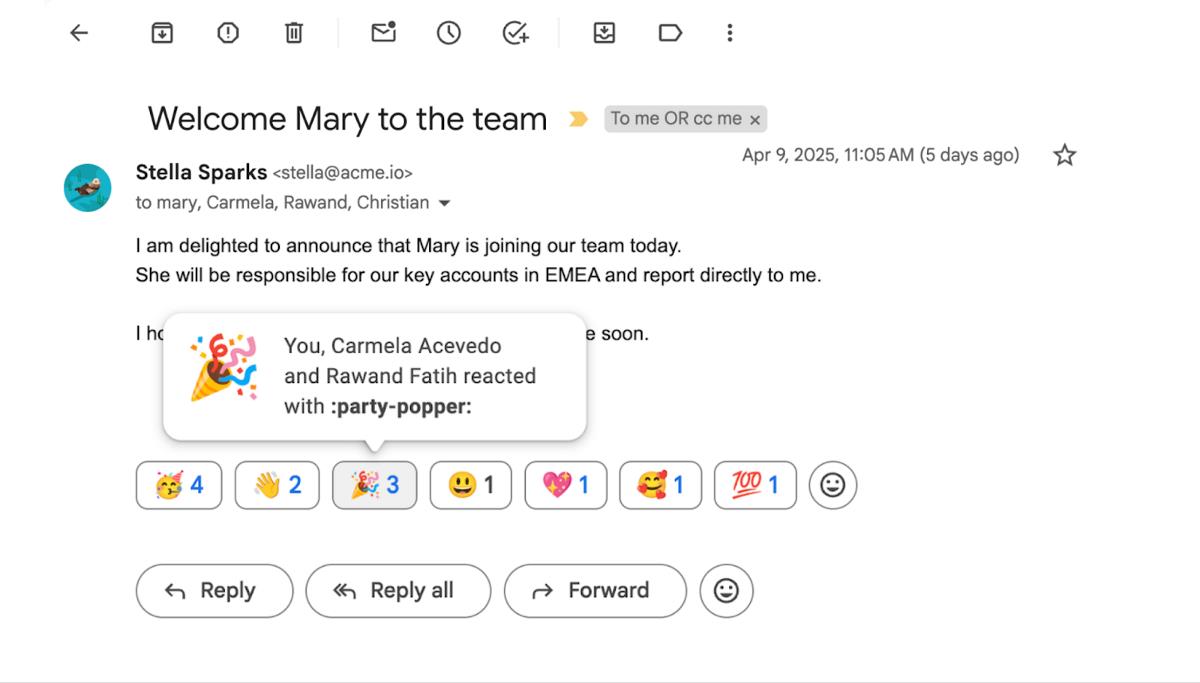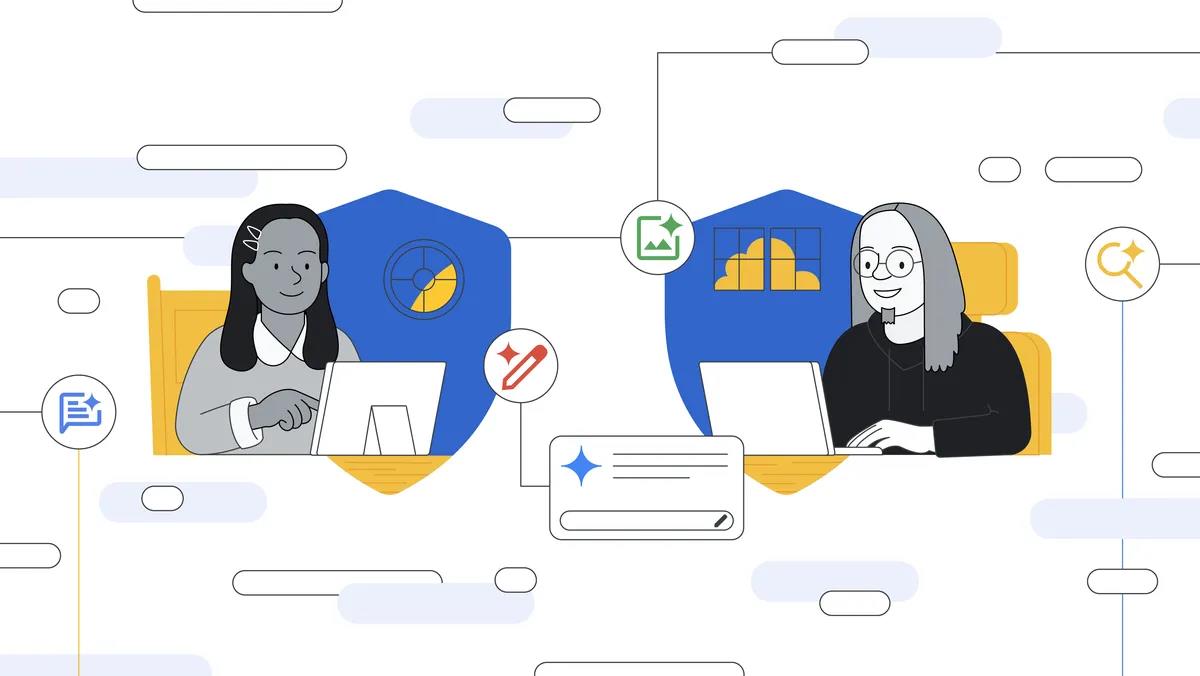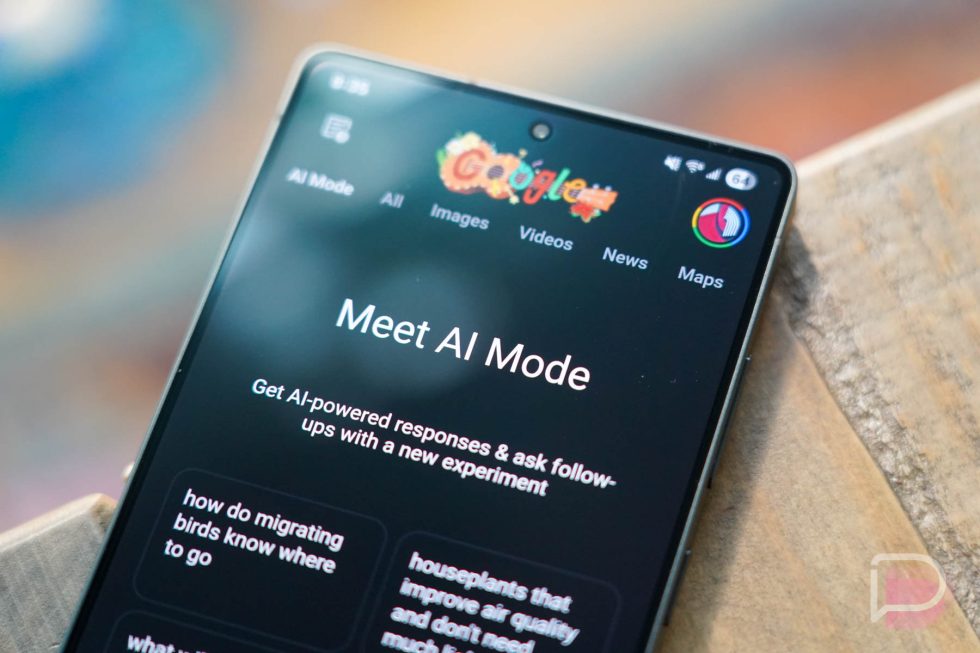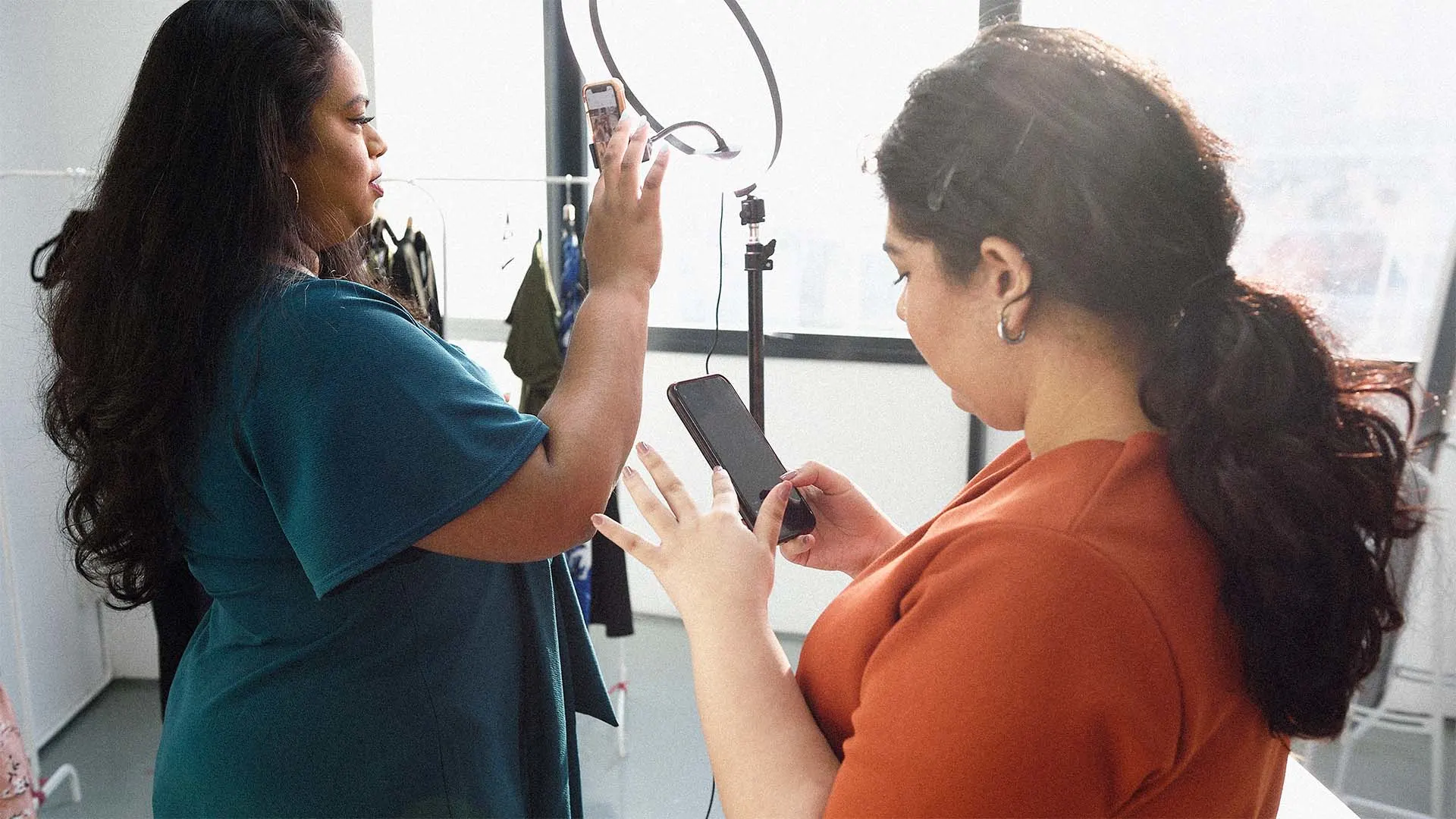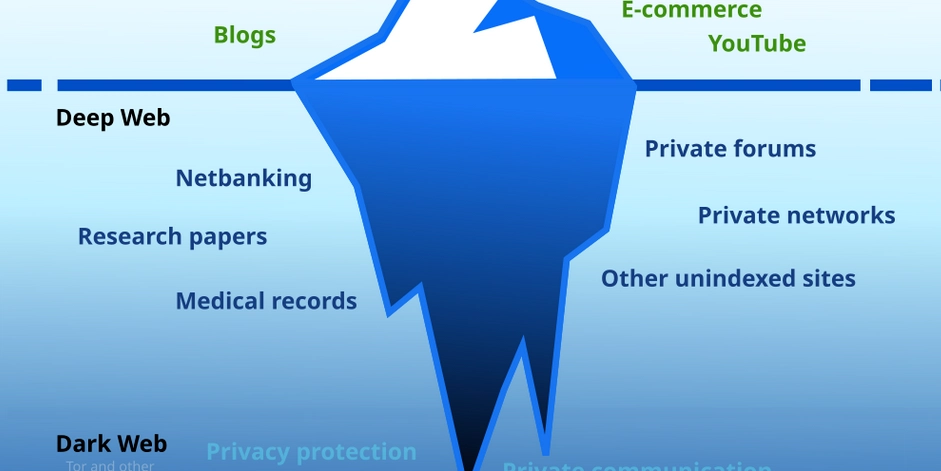Challengers Connecting the Future Wirelessly: Abit's CTO Discusses the Possibilities of the Technology Held
As a PR article to convey the "real" side of Abit, we invited the CTO to interview him about his thoughts from the perspective of an engineer and a manager. Let's explore the appeal of Abit and what lies behind the challenges together. Please read on! -What kind of technical challenges has ABIT taken on so far? As mentioned in the interview with President Hiyama , ABIT has created many of the world's first and Japan's first communications standards, and in addition to taking on technical challenges, the company often creates new services from scratch in unexplored fields. For example, wireless gas meter reading was a field that nobody had thought of before. Recently, I have been involved in a project called " Extreme IoT ." This project involves the development of high-frequency wireless communication and phased array antennas, which are not widely used in Japan, and is a very unique challenge as an applied technology. We are also proactively incorporating the latest technology, and are working on the use of AI technology, especially large-scale language models (LLMs). -It's truly a challenge into the unknown! How do you go about a project like this? It's all about trial and error. At Abit, we almost never start with everything known from the beginning. For example, even if we want to measure something, we sometimes start from a state where we don't have the measurement environment or even the appropriate measuring equipment. So we thought we'd make it ourselves, but when we asked the manufacturer for the parts we needed, they didn't have them after all... (laughs). So we decided to make a new semiconductor chip from scratch and make corrections as we use it. That's how it goes. But the process is interesting. People often ask me about the hardships I face, but to be honest, I only do interesting things. Of course, there are many things that don't go well and I worry, but I find that all the same interesting. For example, when using a new semiconductor chip, we try it out even if the documentation is insufficient. Through repeated trial and error, we unravel unknown technologies ourselves. This process is incredibly fun. If we were to try a similar project at a large company, we probably wouldn't be allowed to take on the challenge in the first place, or we would be too careful in formulating hypotheses before moving forward, and we wouldn't be able to move forward. It is because of Abit's culture and scale that we are able to take on challenges quickly. -Culture is a huge factor in Abit's technology development! I think so. A culture of "let's try it first" is essential for innovation. You can't get anywhere without trying, even while logically analyzing why something doesn't work. Another aspect of culture, or rather what makes Abit unique, is that there are no unnecessary layers within the organization when it comes to decision-making, so feasibility studies don't take long. First, we quickly release a prototype and improve it while receiving market feedback. I think this sense of speed is important. If we don't release something quickly, it won't be accepted by the world. If we think about delivering a service to the world, it's too late to start by discussing at a desk whether it is possible or not. Rather than discussing it, we should try it out first, listen to the real opinions and then develop it. I feel that this culture offers a lot of freedom for engineers because I have worked for a major company. On the other hand, you could say that you have to do a lot of different things, but I would say that's what makes it fun. Even if you're not an engineer, if you say, "I want this," I think we're a group that can help you realize it..
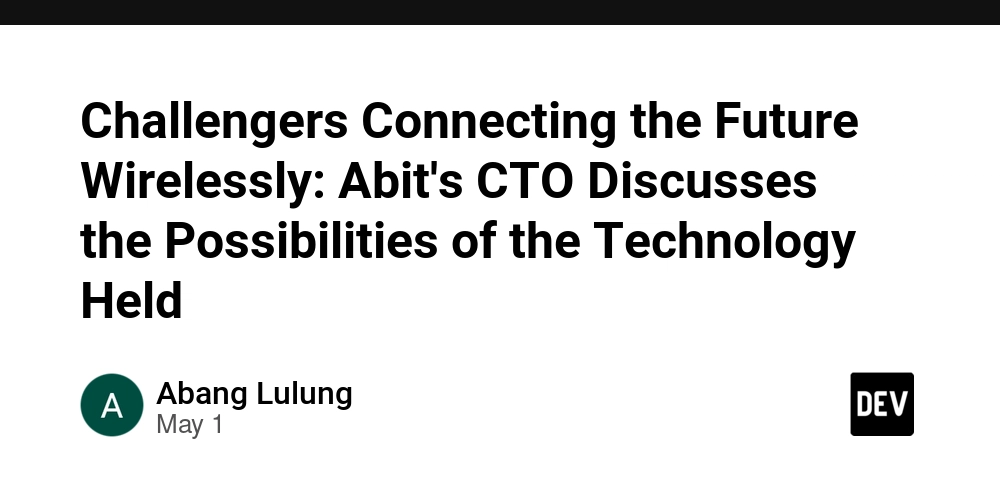
As a PR article to convey the "real" side of Abit, we invited the CTO to interview him about his thoughts from the perspective of an engineer and a manager. Let's explore the appeal of Abit and what lies behind the challenges together. Please read on!
-What kind of technical challenges has ABIT taken on so far?
As mentioned in the interview with President Hiyama , ABIT has created many of the world's first and Japan's first communications standards, and in addition to taking on technical challenges, the company often creates new services from scratch in unexplored fields.
For example, wireless gas meter reading was a field that nobody had thought of before. Recently, I have been involved in a project called " Extreme IoT ." This project involves the development of high-frequency wireless communication and phased array antennas, which are not widely used in Japan, and is a very unique challenge as an applied technology. We are also proactively incorporating the latest technology, and are working on the use of AI technology, especially large-scale language models (LLMs).
-It's truly a challenge into the unknown! How do you go about a project like this?
It's all about trial and error. At Abit, we almost never start with everything known from the beginning. For example, even if we want to measure something, we sometimes start from a state where we don't have the measurement environment or even the appropriate measuring equipment. So we thought we'd make it ourselves, but when we asked the manufacturer for the parts we needed, they didn't have them after all... (laughs). So we decided to make a new semiconductor chip from scratch and make corrections as we use it. That's how it goes.
But the process is interesting. People often ask me about the hardships I face, but to be honest, I only do interesting things. Of course, there are many things that don't go well and I worry, but I find that all the same interesting.
For example, when using a new semiconductor chip, we try it out even if the documentation is insufficient. Through repeated trial and error, we unravel unknown technologies ourselves. This process is incredibly fun. If we were to try a similar project at a large company, we probably wouldn't be allowed to take on the challenge in the first place, or we would be too careful in formulating hypotheses before moving forward, and we wouldn't be able to move forward. It is because of Abit's culture and scale that we are able to take on challenges quickly.
-Culture is a huge factor in Abit's technology development!
I think so. A culture of "let's try it first" is essential for innovation. You can't get anywhere without trying, even while logically analyzing why something doesn't work.
Another aspect of culture, or rather what makes Abit unique, is that there are no unnecessary layers within the organization when it comes to decision-making, so feasibility studies don't take long. First, we quickly release a prototype and improve it while receiving market feedback. I think this sense of speed is important. If we don't release something quickly, it won't be accepted by the world. If we think about delivering a service to the world, it's too late to start by discussing at a desk whether it is possible or not. Rather than discussing it, we should try it out first, listen to the real opinions and then develop it.
I feel that this culture offers a lot of freedom for engineers because I have worked for a major company. On the other hand, you could say that you have to do a lot of different things, but I would say that's what makes it fun. Even if you're not an engineer, if you say, "I want this," I think we're a group that can help you realize it..













































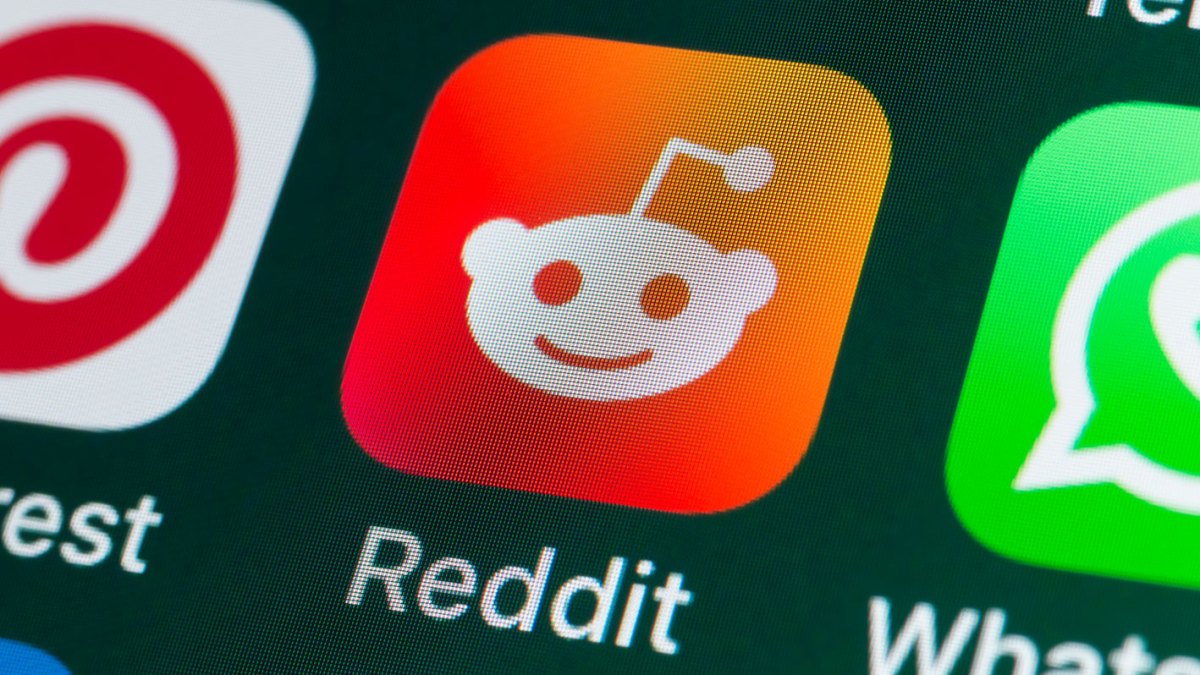



























































































































![[The AI Show Episode 145]: OpenAI Releases o3 and o4-mini, AI Is Causing “Quiet Layoffs,” Executive Order on Youth AI Education & GPT-4o’s Controversial Update](https://www.marketingaiinstitute.com/hubfs/ep%20145%20cover.png)







































































































































































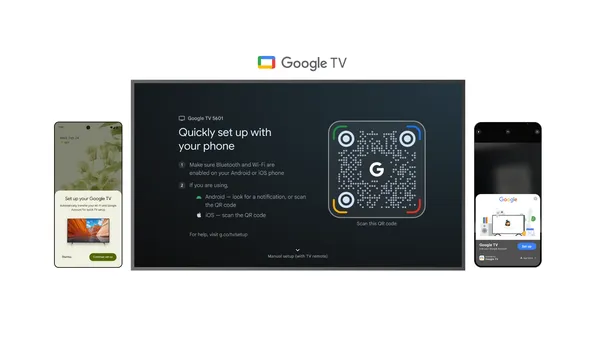


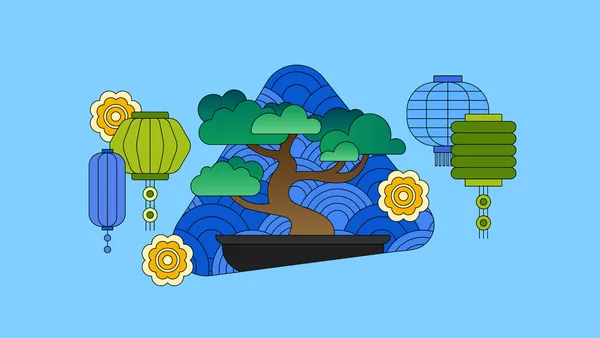













































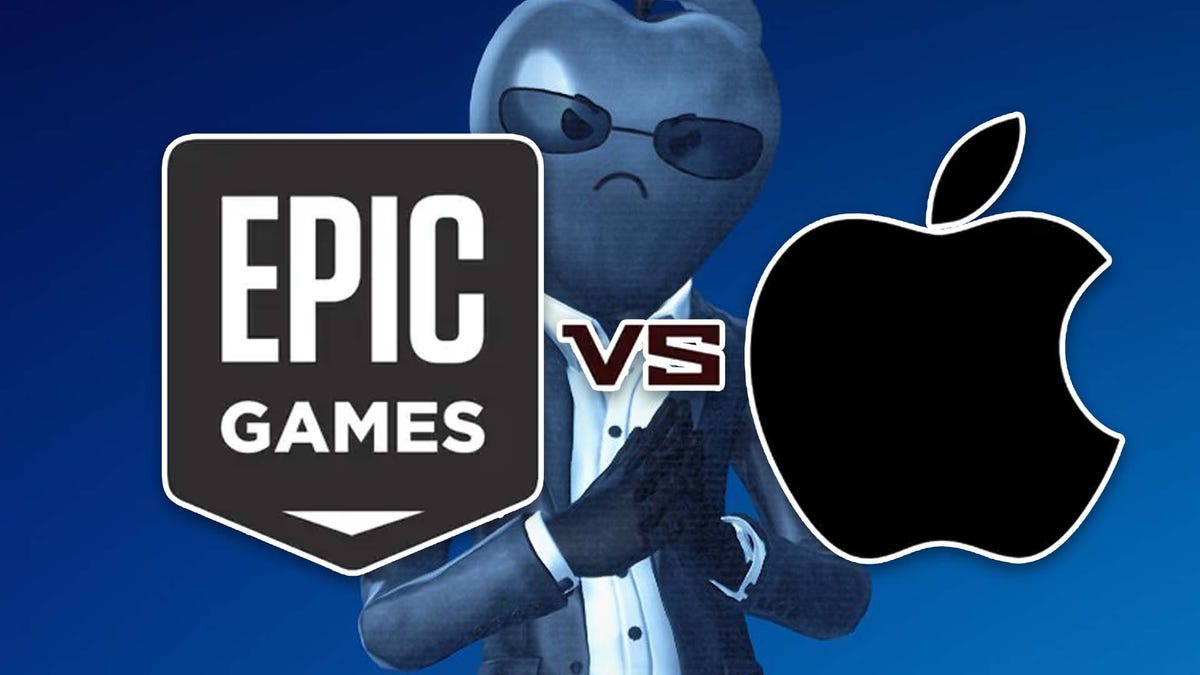

































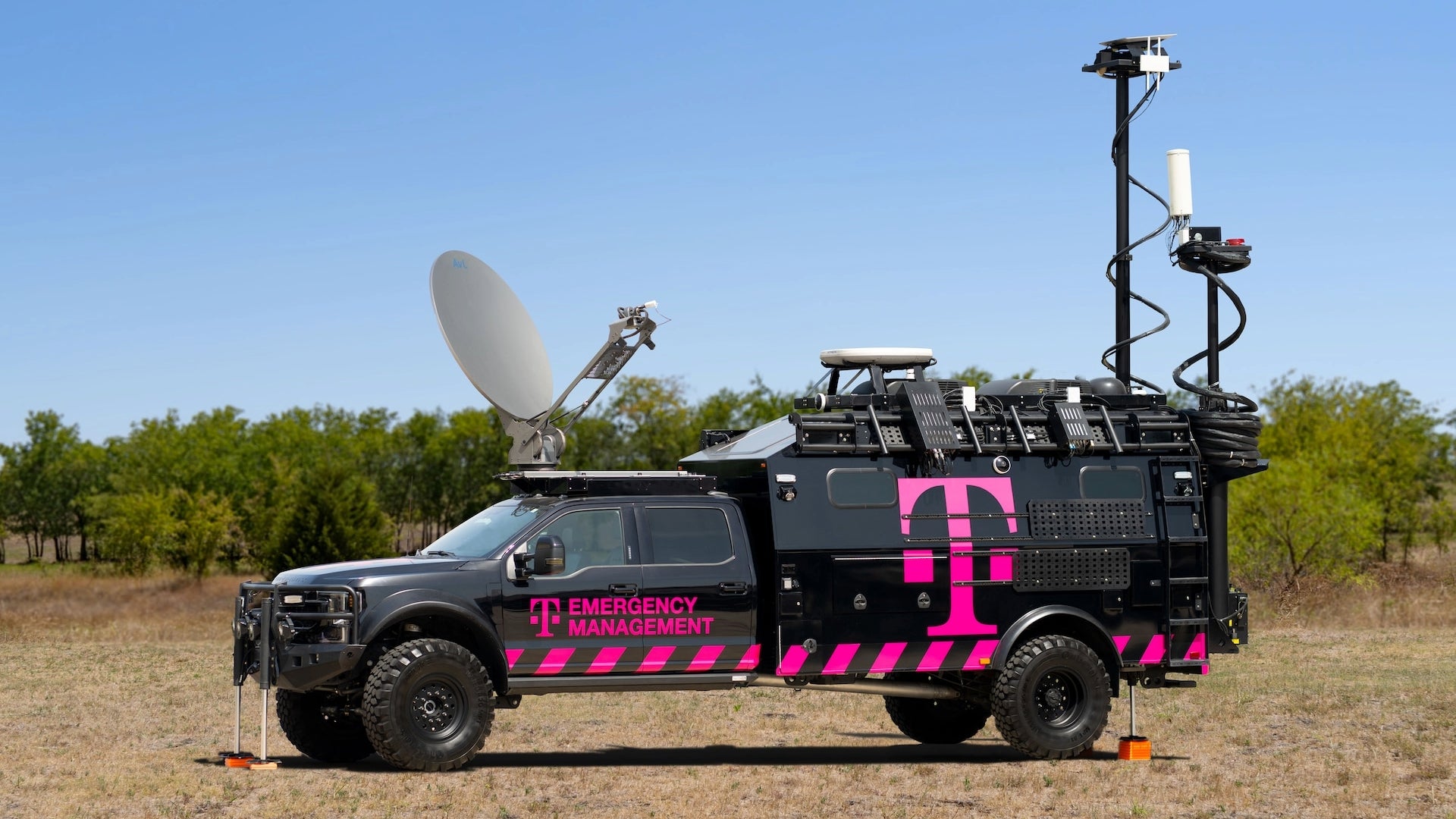




































































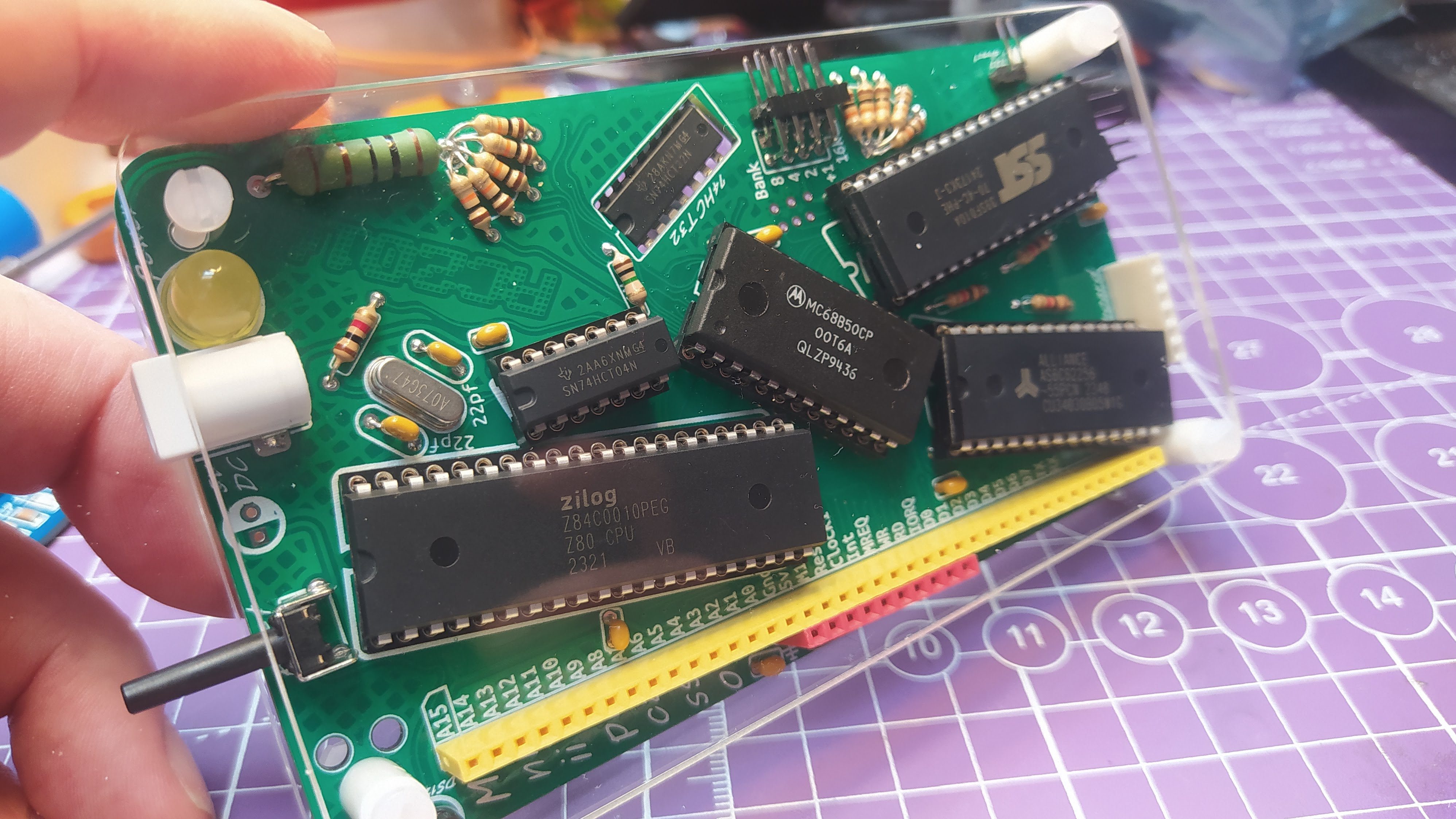

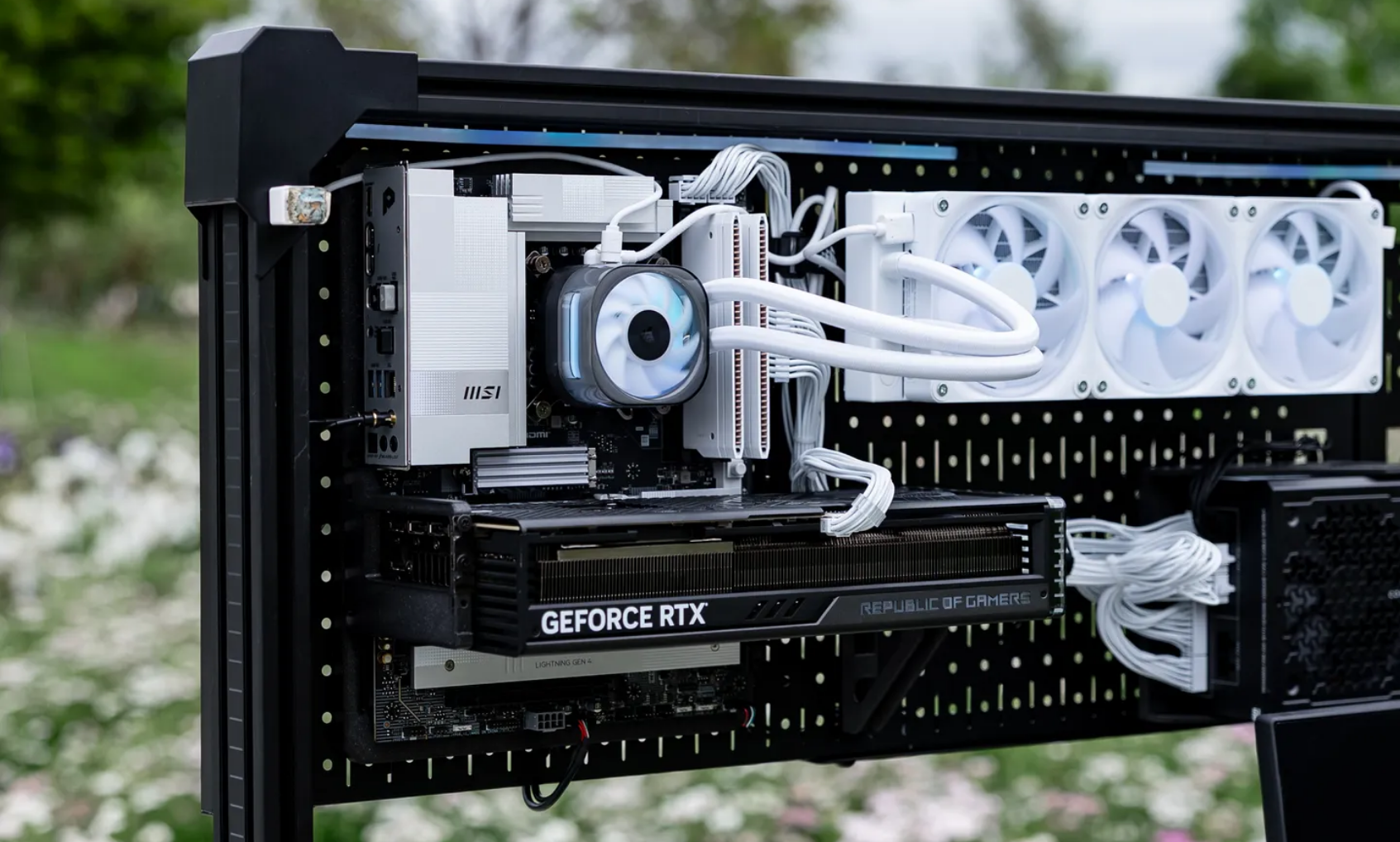

















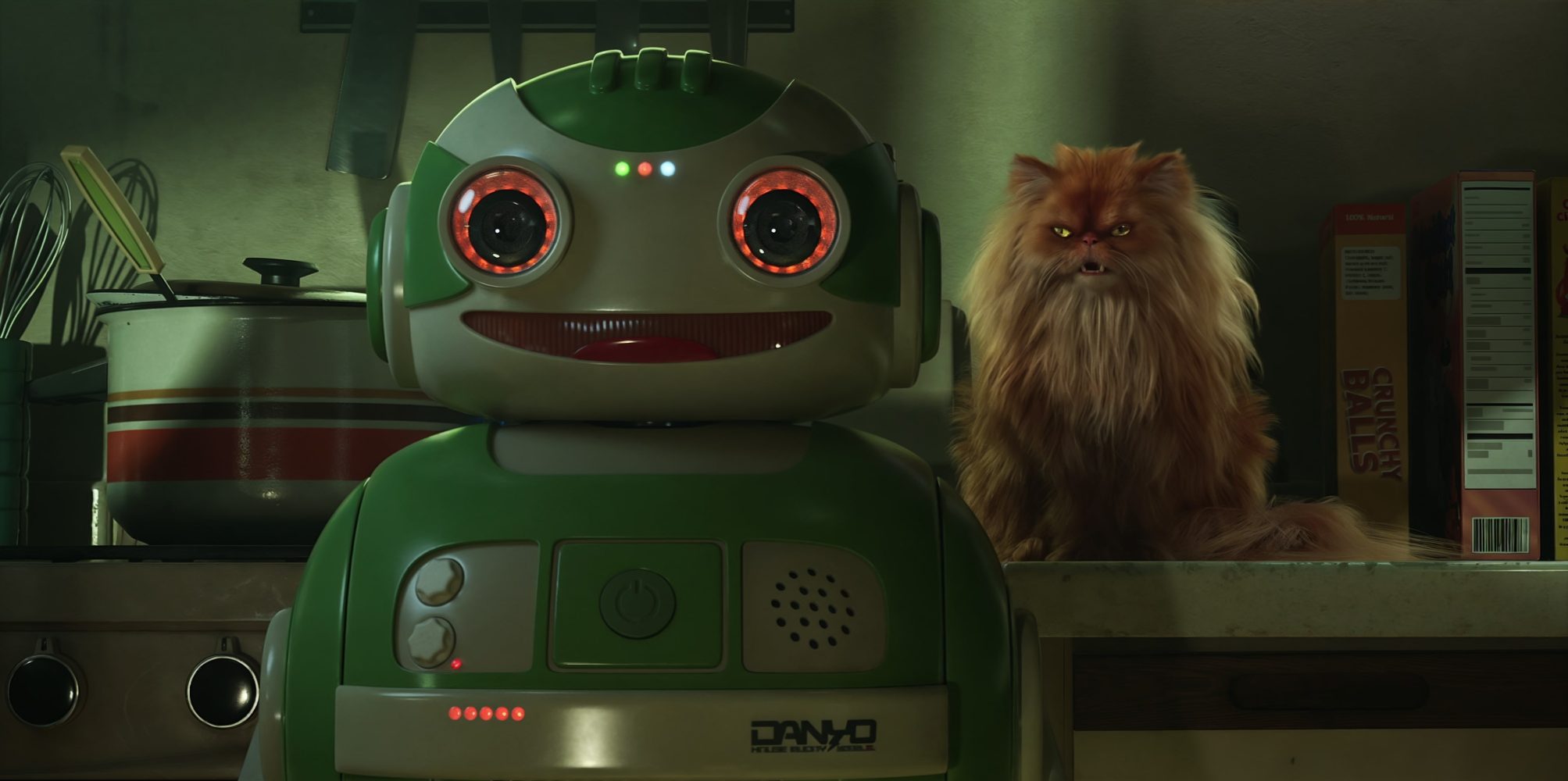



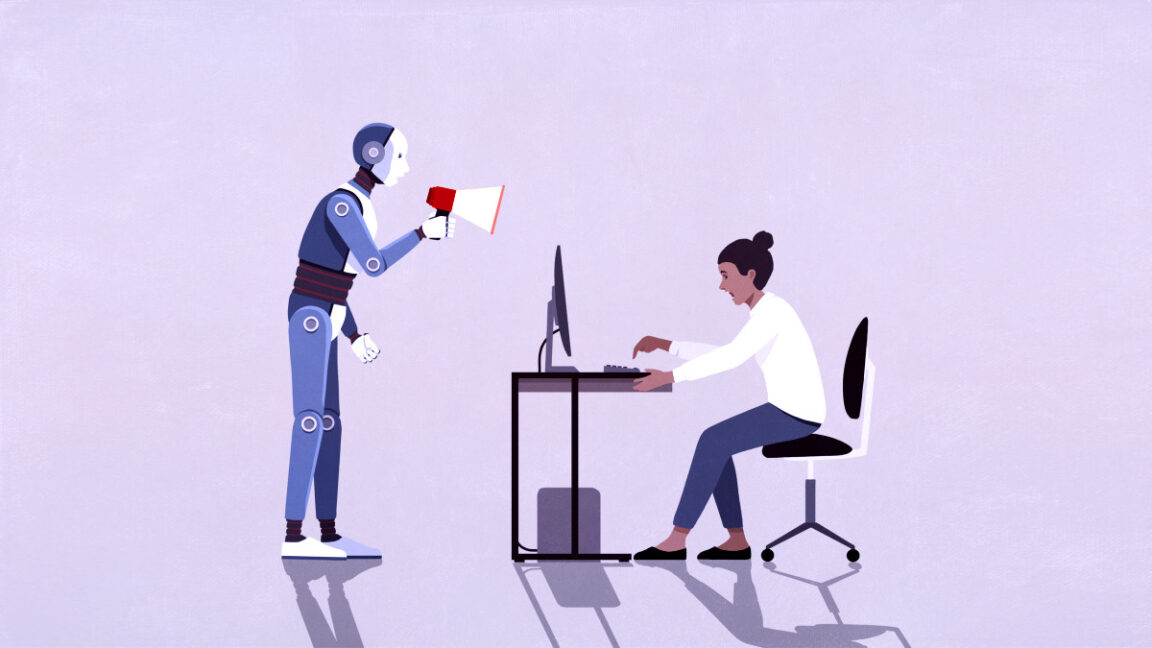




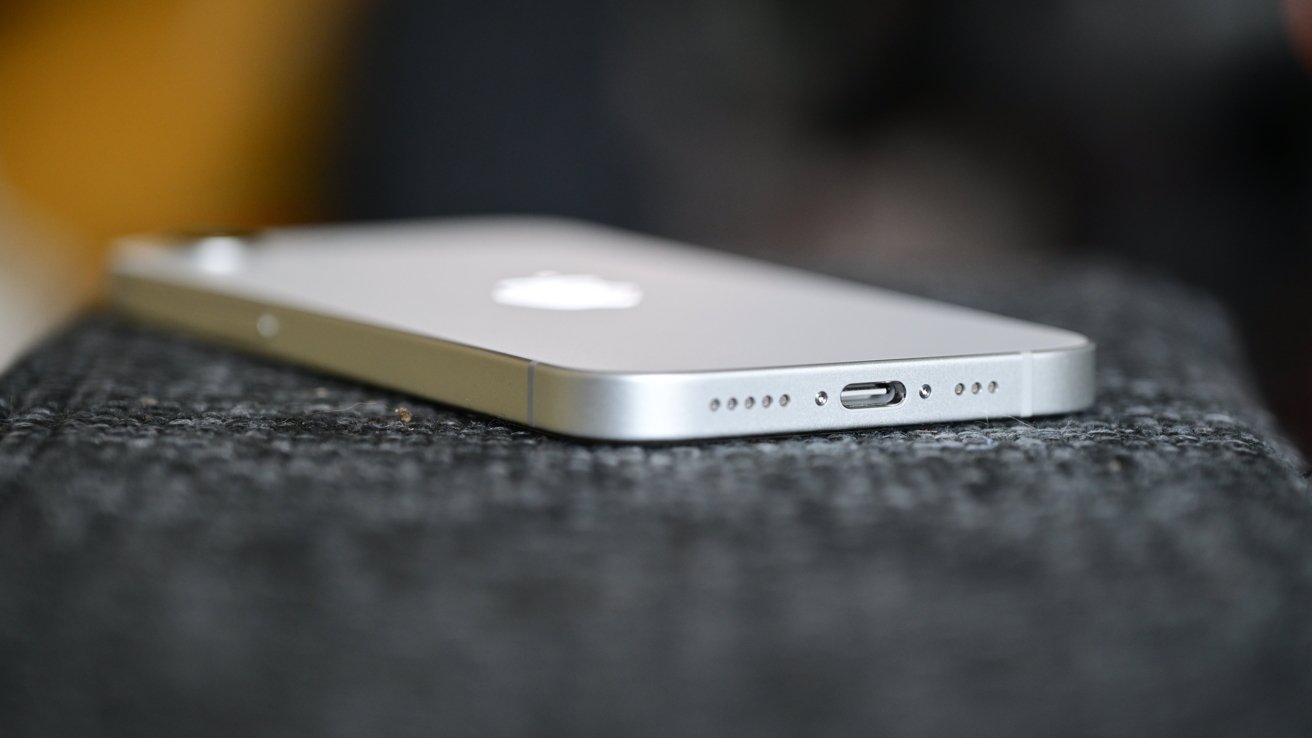


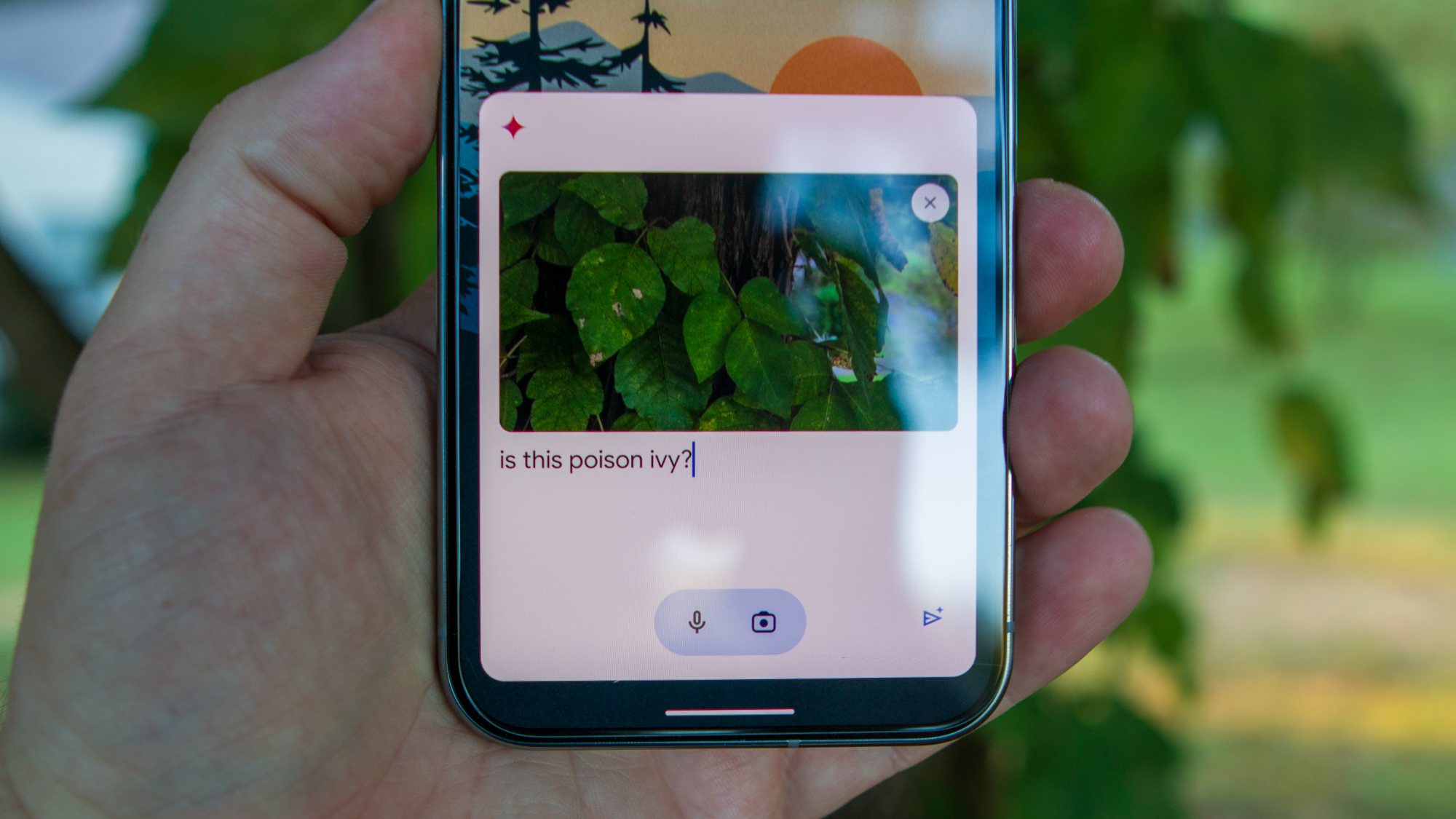





![Google reveals NotebookLM app for Android & iPhone, coming at I/O 2025 [Gallery]](https://i0.wp.com/9to5google.com/wp-content/uploads/sites/4/2025/05/NotebookLM-Android-iPhone-6-cover.jpg?resize=1200%2C628&quality=82&strip=all&ssl=1)


















![Apple Reports Q2 FY25 Earnings: $95.4 Billion in Revenue, $24.8 Billion in Net Income [Chart]](https://www.iclarified.com/images/news/97188/97188/97188-640.jpg)



















